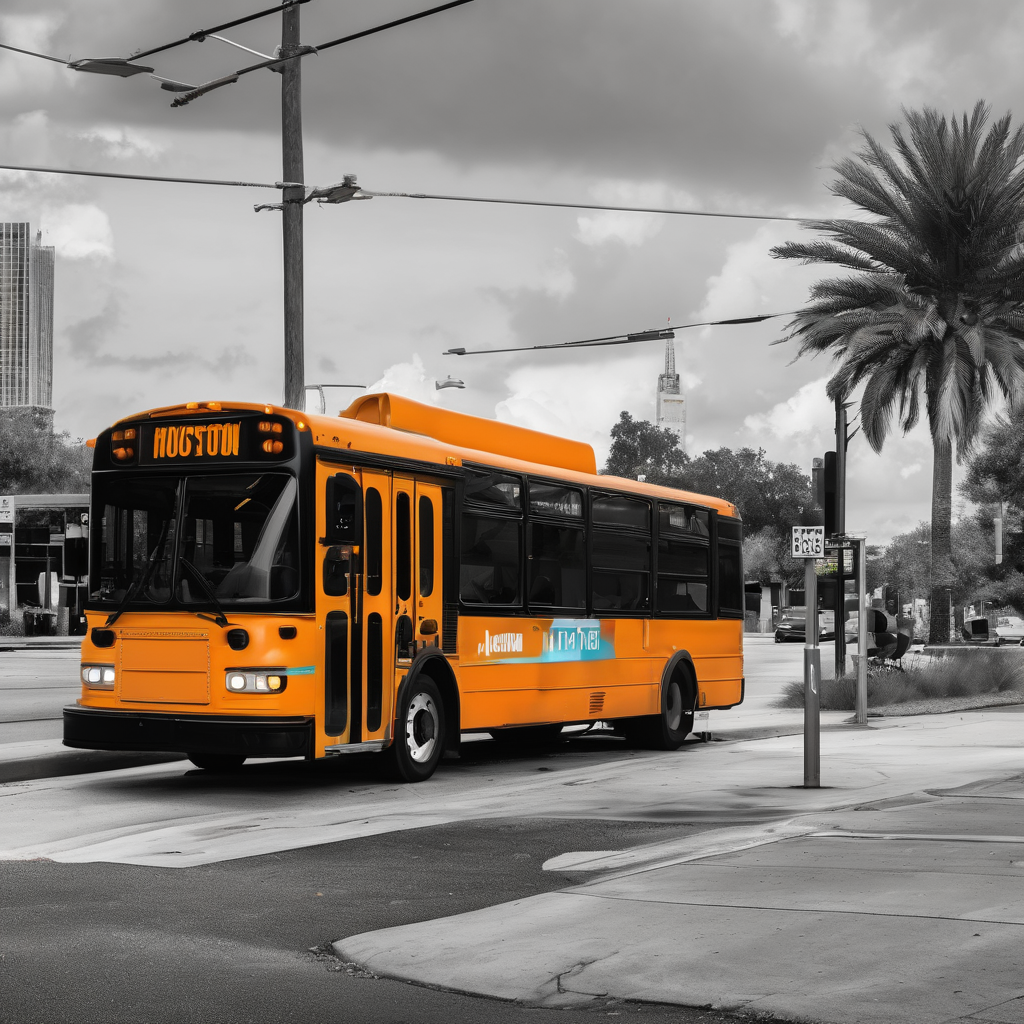In 2019, Houston voters approved a transformative $3.5 billion project called METRONext to overhaul public transit in the region. The approval promised an expansive expansion of the transit network with a goal to better connect communities and prepare for future growth. Despite this ambitious plan being ratified with strong public support, progress has been sluggish due to various challenges, including the pandemic and changes in administration.
Currently, METRO’s funding, primarily sourced from a share of local sales tax and supplemented by fares, appears inadequate in meeting the expectations set forth by METRONext. As the METRO Board gears up to pass the Fiscal Year 2026 budget, concerns arise about its priorities. Critics point to increased funding for the METRO Police Department and a significant reduction in funds for accessibility improvements, which contradicts the METRONext vision. Furthermore, there’s an enigmatic $100 million earmarked for “general infrastructure improvements,” lacking transparency and detail.
A contentious issue is METRO’s new role in road resurfacing for the city. Despite METRO already contributing to street maintenance through the General Mobility Fund, an additional $100 million is being redirected for repaving efforts, raising eyebrows among advocates and residents alike.
This budget ambiguity misses the mark on enhancing core needs, such as increasing bus frequency. High-frequency routes are largely responsible for boosting local ridership, a trend METRO should capitalize on instead of curtailing. Temporary frequency improvements for upcoming events like the World Cup should serve as a model for permanent enhancements.
As the draft budget seemingly focuses on repaving the city’s streets, many worry about the potential shortcomings on fulfilling METRO’s primary purpose—providing reliable public transit. As advocates like LINK Houston urge residents to engage, the plea is for METRO to balance its expenditures toward completing safer streets and a more profound commitment to public transit improvements.
Ultimately, as these issues unfold, METRO faces pivotal decisions. It must discern how to allocate its funds in ways that honor voter intentions and safeguard public welfare. In this critical period, Houston’s future transit framework hinges not just on resolving current budgetary disputes but on delivering on the promises that METRONext envisioned for the city’s thriving communities.
